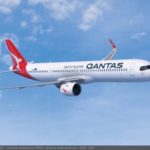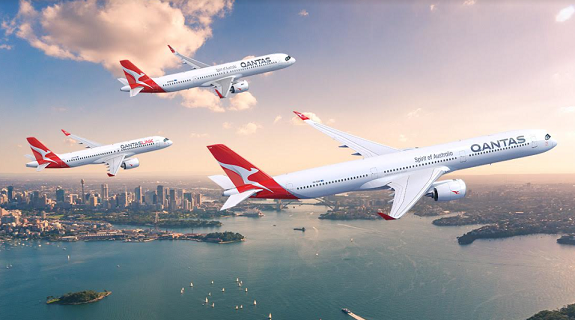 Qantas Group, one of the largest airline operators in Australia, has announced a series of fleet plan updates aimed at restoring capacity quickly and meeting the growing demand for leisure travel, resources, and domestic freight markets. The group has orders and purchase rights options for up to 299 narrowbody aircraft and firm orders for 12 widebody aircraft with Airbus over the next decade and beyond.
Qantas Group, one of the largest airline operators in Australia, has announced a series of fleet plan updates aimed at restoring capacity quickly and meeting the growing demand for leisure travel, resources, and domestic freight markets. The group has orders and purchase rights options for up to 299 narrowbody aircraft and firm orders for 12 widebody aircraft with Airbus over the next decade and beyond.
However, global supply chain disruptions have caused delays of up to six months for some of the aircraft, prompting the airline to acquire mid-life A320-family planes to help address the issue. Qantas will have the option to retire or retain the older aircraft depending on market conditions once the delayed planes arrive.
The updated fleet plan includes the acquisition of five mid-life A319/320 aircraft to support the resources market in Western Australia, three additional mid-life A321P2F aircraft to accelerate the renewal of the Qantas Freight fleet, two more A320s for Jetstar Asia, and up to 12 additional E190 aircraft to be wet-leased from Alliance Airlines.
Qantas Group CEO Alan Joyce said the new aircraft will help lower emissions, expand the network, create jobs, and ultimately serve customers better. Wet-leasing more planes from Alliance Airlines will also provide a quick injection of extra capacity domestically, while Jetstar Asia’s expansion will help meet the growing demand for air travel in Asia.
The additional fleet investments are part of the increase in Qantas’ capital expenditure for FY23 and FY24, which was announced in the group’s first-half 2023 results. Joyce acknowledged the supply chain challenges and expressed gratitude for the group’s scale, balance sheet, and flexibility in making decisions that benefit its customers and the airline’s overall growth.
In conclusion, the fleet plan updates reflect Qantas Group’s commitment to meeting the increasing demand for air travel and maintaining its position as a leader in the aviation industry.
Written by: Don Power



















